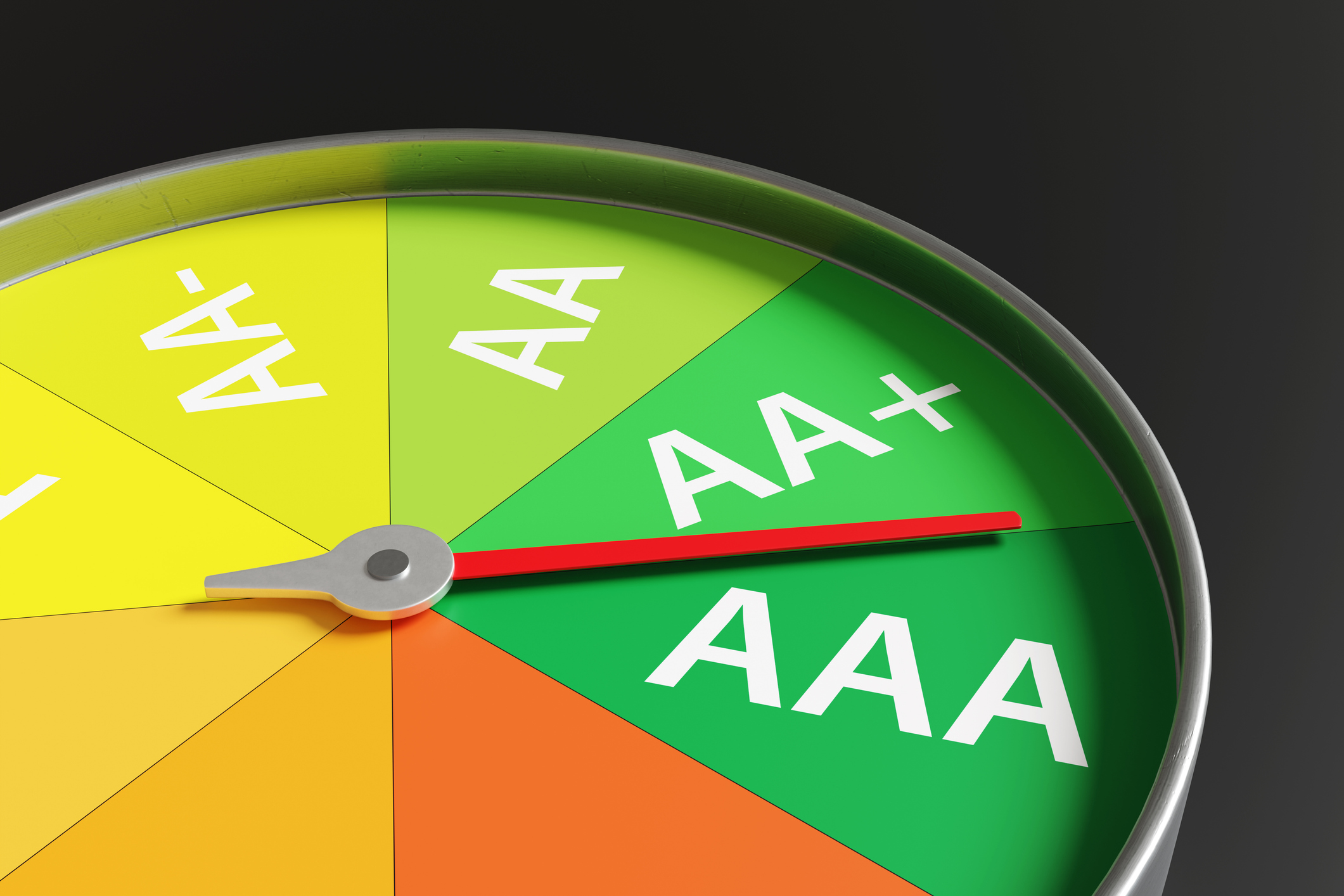Best Investing Moves at Every Age
Whether you’re starting out, have already retired or are somewhere in between, we show you how to make your money grow and last.


Profit and prosper with the best of Kiplinger's advice on investing, taxes, retirement, personal finance and much more. Delivered daily. Enter your email in the box and click Sign Me Up.
You are now subscribed
Your newsletter sign-up was successful
Want to add more newsletters?

Delivered daily
Kiplinger Today
Profit and prosper with the best of Kiplinger's advice on investing, taxes, retirement, personal finance and much more delivered daily. Smart money moves start here.

Sent five days a week
Kiplinger A Step Ahead
Get practical help to make better financial decisions in your everyday life, from spending to savings on top deals.

Delivered daily
Kiplinger Closing Bell
Get today's biggest financial and investing headlines delivered to your inbox every day the U.S. stock market is open.

Sent twice a week
Kiplinger Adviser Intel
Financial pros across the country share best practices and fresh tactics to preserve and grow your wealth.

Delivered weekly
Kiplinger Tax Tips
Trim your federal and state tax bills with practical tax-planning and tax-cutting strategies.

Sent twice a week
Kiplinger Retirement Tips
Your twice-a-week guide to planning and enjoying a financially secure and richly rewarding retirement

Sent bimonthly.
Kiplinger Adviser Angle
Insights for advisers, wealth managers and other financial professionals.

Sent twice a week
Kiplinger Investing Weekly
Your twice-a-week roundup of promising stocks, funds, companies and industries you should consider, ones you should avoid, and why.

Sent weekly for six weeks
Kiplinger Invest for Retirement
Your step-by-step six-part series on how to invest for retirement, from devising a successful strategy to exactly which investments to choose.
If you’re a typical investor, you’ll likely spend some 60 years of your life moonlighting as a money manager. You start with decisions about your first 401(k) plan, and you continue to and through retirement.
You are likely to face many challenges along the way. Young people who hold too little in stocks or fail to start saving early enough may hamper their finances for decades to come. Retirees face a bigger challenge: If they hold too much in stocks, a bear market could decimate their portfolios, but if they hold too little, inflation will quietly kill their purchasing power.
Best Investing Moves at Every Age
- Best Investing Moves When You're Starting Out
- Best Investing Moves for Young Families
- Best Investing Moves for Empty Nesters
- Best Investing Moves for Pre-Retirees
- Best Investing Moves for Retirees
In the links at left you’ll find advice for investors in five life stages—from those who are just starting out to those who have already retired. For each stage, we offer one or more portfolios, consisting mainly of our favorite mutual and exchange-traded funds, and we offer suggestions on how to reach your goals.
From just $107.88 $24.99 for Kiplinger Personal Finance
Become a smarter, better informed investor. Subscribe from just $107.88 $24.99, plus get up to 4 Special Issues

Sign up for Kiplinger’s Free Newsletters
Profit and prosper with the best of expert advice on investing, taxes, retirement, personal finance and more - straight to your e-mail.
Profit and prosper with the best of expert advice - straight to your e-mail.
At times, you may want to hire an expert to guide you. “There’s no magic net-worth number” that dictates when you need professional help, says Jared Snider, with the Oklahoma City office of Exencial Wealth Advisors. But if you find that the complexity of your finances has sprawled beyond what you can manage, you may want to hire a pro.
Profit and prosper with the best of Kiplinger's advice on investing, taxes, retirement, personal finance and much more. Delivered daily. Enter your email in the box and click Sign Me Up.

-
 The New Reality for Entertainment
The New Reality for EntertainmentThe Kiplinger Letter The entertainment industry is shifting as movie and TV companies face fierce competition, fight for attention and cope with artificial intelligence.
-
 Stocks Sink With Alphabet, Bitcoin: Stock Market Today
Stocks Sink With Alphabet, Bitcoin: Stock Market TodayA dismal round of jobs data did little to lift sentiment on Thursday.
-
 Betting on Super Bowl 2026? New IRS Tax Changes Could Cost You
Betting on Super Bowl 2026? New IRS Tax Changes Could Cost YouTaxable Income When Super Bowl LX hype fades, some fans may be surprised to learn that sports betting tax rules have shifted.
-
 The Most Tax-Friendly States for Investing in 2025 (Hint: There Are Two)
The Most Tax-Friendly States for Investing in 2025 (Hint: There Are Two)State Taxes Living in one of these places could lower your 2025 investment taxes — especially if you invest in real estate.
-
 Bond Basics: Zero-Coupon Bonds
Bond Basics: Zero-Coupon Bondsinvesting These investments are attractive only to a select few. Find out if they're right for you.
-
 Bond Basics: How to Reduce the Risks
Bond Basics: How to Reduce the Risksinvesting Bonds have risks you won't find in other types of investments. Find out how to spot risky bonds and how to avoid them.
-
 What's the Difference Between a Bond's Price and Value?
What's the Difference Between a Bond's Price and Value?bonds Bonds are complex. Learning about how to trade them is as important as why to trade them.
-
 Bond Basics: U.S. Agency Bonds
Bond Basics: U.S. Agency Bondsinvesting These investments are close enough to government bonds in terms of safety, but make sure you're aware of the risks.
-
 Bond Ratings and What They Mean
Bond Ratings and What They Meaninvesting Bond ratings measure the creditworthiness of your bond issuer. Understanding bond ratings can help you limit your risk and maximize your yield.
-
 Bond Basics: U.S. Savings Bonds
Bond Basics: U.S. Savings Bondsinvesting U.S. savings bonds are a tax-advantaged way to save for higher education.
-
 Bond Basics: Treasuries
Bond Basics: Treasuriesinvesting Understand the different types of U.S. treasuries and how they work.